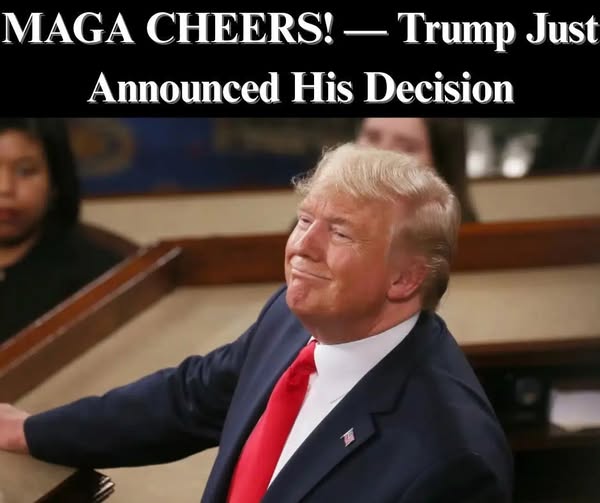Trump Starts Process Of Bringing MAGA Team Back Together
A civil war is escalating within the MAGA movement as President Donald Trump contemplates a military strike against Iran to support Israel’s military efforts. Central to this discord is Trump’s willingness to consider U.S. military action against Iran’s nuclear facilities—an approach that has raised alarms among prominent supporters of the “America First” ideology. Notable allies such as Tucker Carlson and Representative Marjorie Taylor Greene have voiced their disapproval of this potential change, cautioning that it undermines Trump’s long-held commitment to refrain from engaging in new foreign conflicts. Carlson, in particular, expressed his concerns in a newsletter and during an appearance on Steve Bannon’s podcast, accusing Trump of being complicit in an act of war.
In light of the criticism, Trump’s team has reportedly begun private communications to mitigate tensions within his supporter base. This initiative appears to be yielding positive results, as Bannon has indicated that the majority of MAGA supporters are likely to support Trump should he decide to proceed. Trump disclosed that Carlson has privately apologized for what he characterized as excessively harsh criticism. Carlson had previously made significant contributions to Trump’s 2024 campaign, advocating for his anti-interventionist stance, but now finds himself in conflict with more hawkish conservatives such as Senator Ted Cruz and Fox News host Mark Levin.
This internal rift has permeated Trump’s administration. The Director of National Intelligence, Tulsi Gabbard, recognized for her anti-war position, was publicly marginalized following the release of a video that cautioned about the nuclear threats associated with escalating tensions with Iran. Nevertheless, Vice President J.D. Vance came to Gabbard’s defense in a social media post, highlighting her loyalty and significant contribution to national security. However, Vance expressed criticism towards Iran, claiming that the nation had sufficient time to engage in negotiations and made a “mistake” by postponing.
The United States is facing pressure from Israel, which continues to target Iranian military and nuclear facilities and has sought American support to attack Iran’s Fordow Nuclear Enrichment Center. This site, located deep within a mountain, necessitates bunker-buster bombs that Israel currently lacks. Trump has yet to grant the request. White House Press Secretary Karoline Leavitt confirmed that no conclusive decision has been reached and that Trump intends to wait approximately two weeks to allow for diplomatic discussions.
During a press briefing, Leavitt conveyed a message from Trump, stating that Iran has sought direct negotiations and may dispatch a delegation to the White House. The situation remains dynamic, with tensions escalating both internationally and within Trump’s own political faction. The president is balancing a delicate act between upholding his anti-war campaign narrative and addressing geopolitical realities that require a firm response. As both his supporters and international partners anticipate a decision, the forthcoming two weeks will be crucial.






